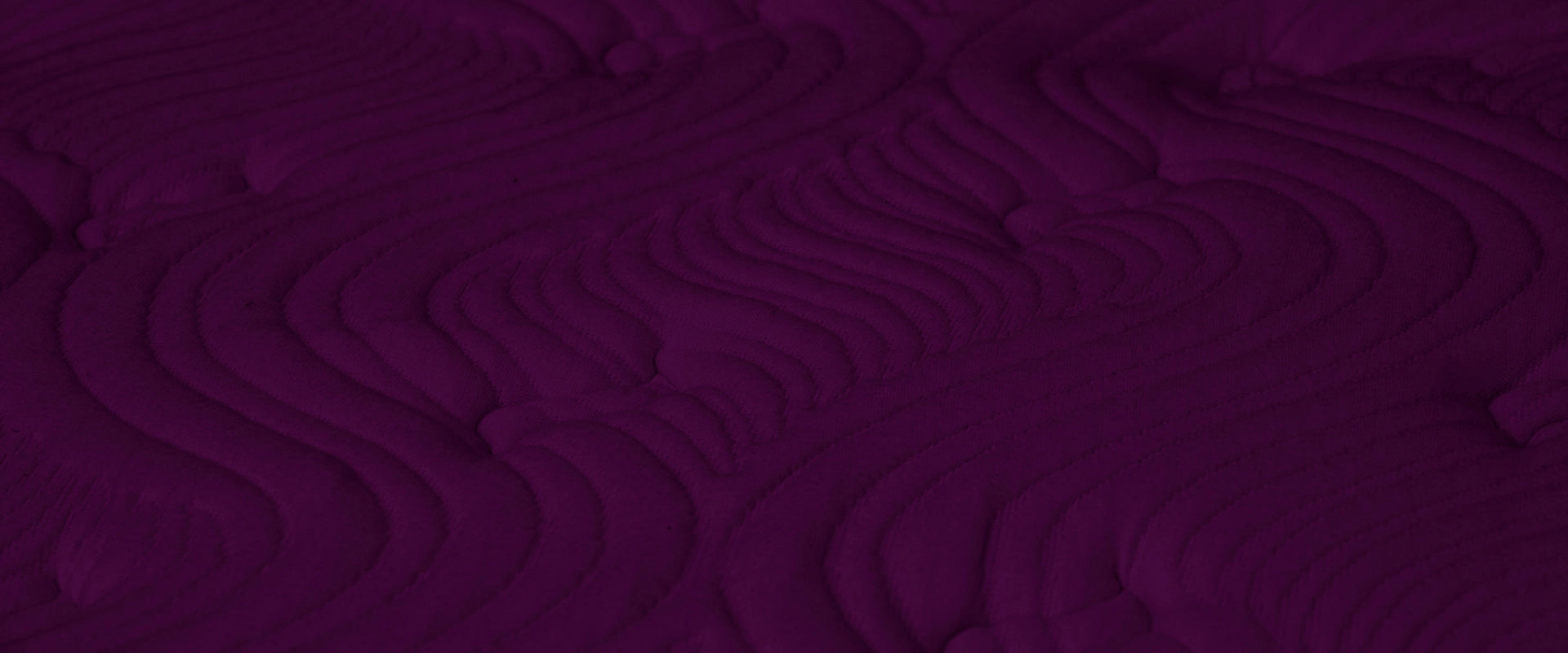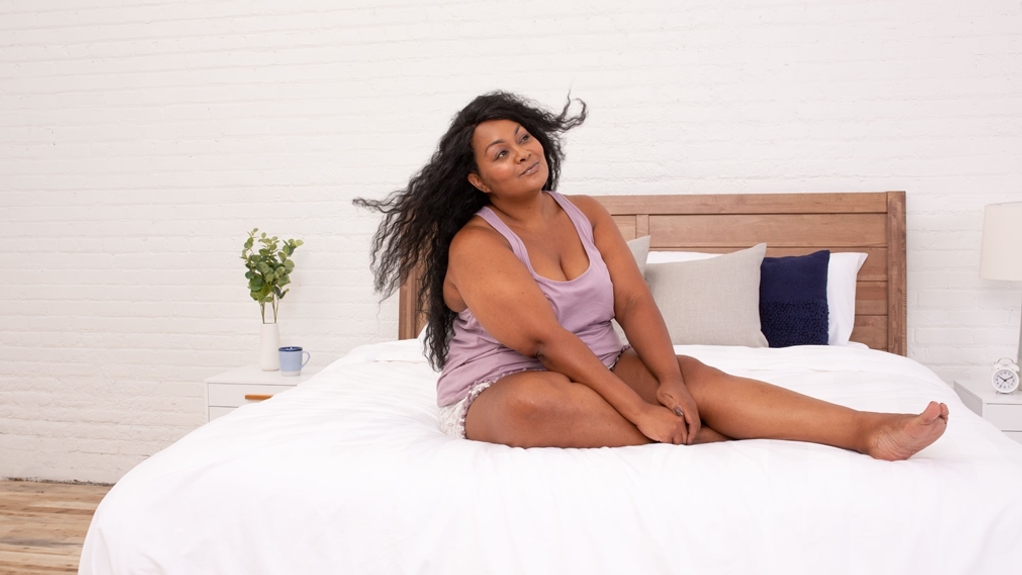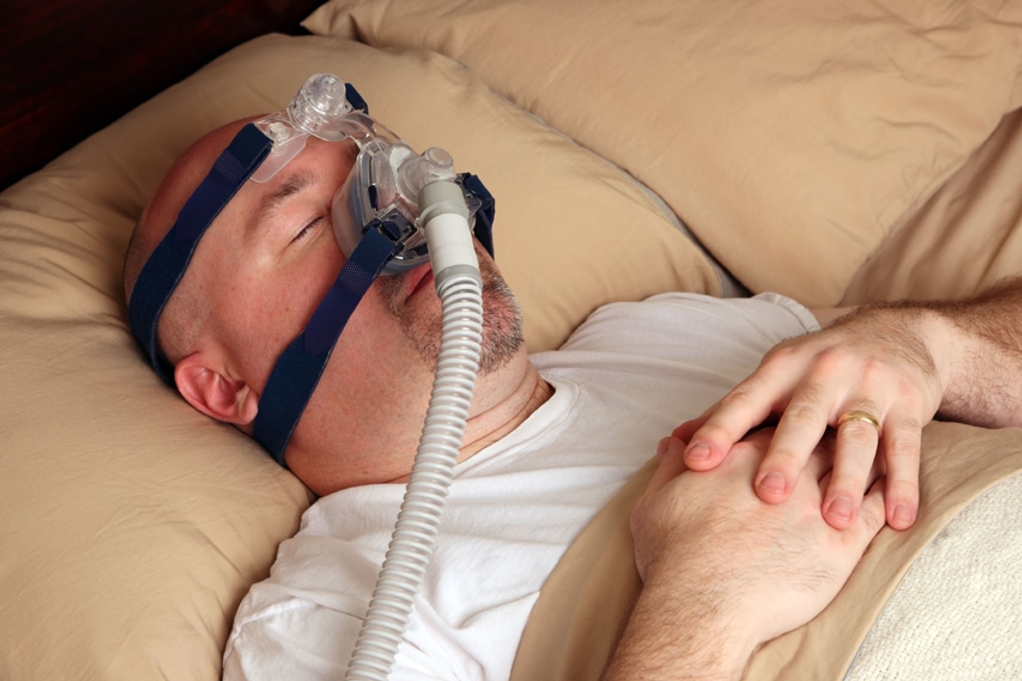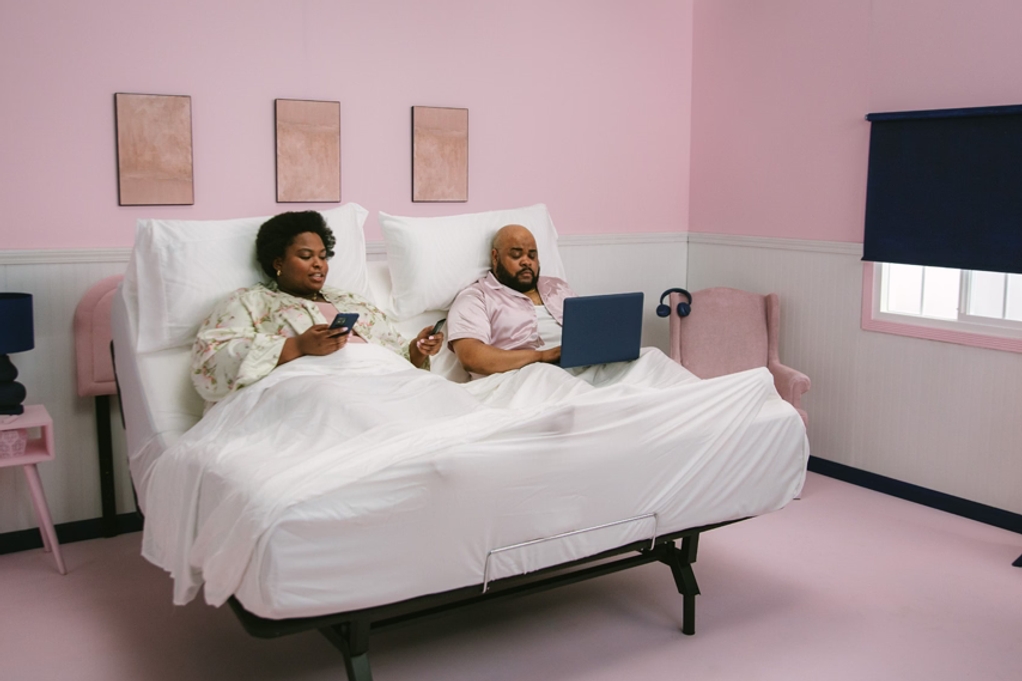Waking up drenched in sweat isn’t just uncomfortable — it’s your body’s way of signaling that something might be up. Night sweats affect more people than you might think, and while they’re often harmless, they can disrupt your sleep and leave you tossing and turning. What causes night sweats? Understanding what’s behind the heat is key to restoring your sleep and returning to cooler, more restful nights.
What Are Night Sweats?
As the name suggests, night sweats are frustrating episodes of excessive perspiration that occur while you sleep. They’re often described as soaking or drenching and may require you to change your PJs and, in some cases, your sheets. Night sweats are distinct from simple overheating, which happens as a side effect of something in a person’s environment — such as a heavy blanket or high bedroom temperature.
How Are Night Sweats Different From Hot Flashes?
Hot flashes are sudden bursts of heat that can occur at any time and often cause a quick rise in body temperature. They’re considered night sweats and trigger heavy sweating when they occur at night.
Night sweats, sometimes called hot flushes, are different from flushing, which is simply the reddening of the skin due to increased blood flow. While night sweats can include flushing, flushing itself doesn’t necessarily lead to intense sweating. So, night sweats can leave you both sweaty and flushed — definitely not a comfortable combination!
What do night sweats feel like?
Your experience with night sweats will likely make you feel like you are overheating from the inside out. It could be a slow rise or an intense wave that surges through your body. You will get very sweaty very quickly. And then, at the same time, you may shiver and feel cold. All at once.
Common Causes of Night Sweats
Why do I sweat so much in my sleep, you ask? Your body’s temperature control system is rather complicated and can be affected by several variables, so it’s not always easy to pinpoint why you're sweating at night. If you're wondering how to stop night sweats, the first step is figuring out what’s causing them.
Here are some of the most common reasons your body might be turning up the heat while you're trying to sleep.
You’ve Had One Too Many Nightcaps
A little evening booze might sound relaxing, but it can raise your body temperature and the potential for night sweats. While alcohol is often called a ‘depressant,’ the story isn’t so simple. It relaxes your airways, which can make breathing trickier, and it also acts as a stimulant, speeding up your heart rate. These effects leave you overheated and sweaty, turning your wind-down time into a hot mess. If night sweats cramp your sleep, consider skipping the nightcap to keep cool and comfortable.
Your Stress Levels are Through the Roof
Can stress cause night sweats? You betcha. Stress triggers your body's "fight-or-flight" response, activating the release of stress hormones like cortisol and adrenaline. These hormones ramp up your heart rate, elevate blood pressure, and raise your core body temperature as your body prepares to respond to a perceived threat — even if the "threat" is just overthinking at night. This increase in body temperature can lead to sweating, a natural mechanism your body uses to cool down.
To manage stress before bed, try unwinding with a warm bath, a good book, or some screen-free relaxation. Set the mood with low lighting, soothing sounds, and a cool, comfy bedroom. Don’t hesitate to chat with your doctor if stress feels unmanageable or persistent.
Your Auntie Flow is Paying a Visit
Night sweats may not be typical for everyone, but for those who menstruate, they can be an unwelcome part of the monthly cycle. Hormonal shifts — like a rise in progesterone and a dip in estrogen — during PMS and menstruation are often the culprits, triggering night sweats alongside other classic PMS symptoms.
The Meds You’re Taking
Some medications can affect your body's temperature, leading to night sweats. Common culprits include antidepressants, antiretrovirals, hormone therapy, and drugs for hypoglycemia or hypertension. If you suspect your meds are to blame, talk to your doctor — they may be able to adjust your prescription or suggest an alternative.
You Were Feeling Spicy
Certain foods that contain capsaicin (cayenne pepper, chili pepper, etc.) trigger the same nerves that make you feel warm and toasty, triggering excessive sweating to cool your body down. We’re not saying to cut out all spicy food, but if you struggle with sweating at night, maybe try eating your spicy favs at lunch rather than dinner.
You’re Infected
It’s not just a restless night — illnesses like the flu can lead to night sweats. When your body fights off an infection, it often causes a fever, overheating, and sweating. If you're experiencing night sweats with other symptoms, it could be a sign that you're getting sick, so it’s best to consult your doctor.
Menopause
If you’re a woman and night sweats are starting to come between you and a good night’s sleep, you may be experiencing the signs of menopause. This period in life typically begins between ages 45 and 55. However, some women can experience perimenopause several years before menopause itself.
Night sweats after menopause are often related to hormonal changes. Even though menopause is characterized by a decline in estrogen levels, fluctuations or low levels of estrogen can continue to cause symptoms like night sweats.
How to Manage and Prevent Night Sweats
Now that you know the reason for night sweats, it’s about time you got a hold of them! While managing and preventing p.m. perspiration starts with understanding what can cause night sweats in the first place, there are a few general strategies that can help you stay cooler (and drier) at night:
- Adjust your environment: Keep your bedroom cool using fans, air conditioning, or breathable bedding materials. Light, moisture-wicking sheets can make a big difference. Keep your room between 60 and 67 degrees F, the recommended sleeping temperature, which is the perfect range for supporting solid REM sleep.
- Choose the right sleepwear: To help your body breathe, wear loose-fitting, moisture-wicking clothing made from natural fabrics like cotton.
- Stay hydrated: Drinking plenty of water throughout the day helps regulate your body temperature and minimize sweating.
- Mind your diet: Spicy foods, caffeine, and alcohol can trigger night sweats. Try to avoid them, especially in the evening.
- Manage stress: Practice relaxation techniques like deep breathing or meditation before bed to help manage anxiety, which can contribute to night sweats.
- Tubes and Towels for Your Neck: The neck is a key area for regulating body temperature. A cooling towel or neck wrap filled with cooling gel can help quickly cool down your core temperature.
- Spritz a Cooling Mist: A light spritz of a cooling mist made from natural ingredients like aloe vera or cucumber can instantly refresh your skin and lower your body’s temperature. Keep a bottle by your bedside, and if you feel overheated at night, give yourself a quick spritz.
- Try a Cooling Eye Mask or Wristband: Cooling accessories, such as eye masks or wristbands, target specific pressure points where heat often builds up. These items can provide immediate relief by cooling key areas of your body, helping you relax and sleep more comfortably.
- Use Peppermint Essential Oils: Peppermint essential oil is known for its cooling properties, which can help reduce heat and sweating. Before bed, you can apply diluted peppermint oil to your temples, neck, or wrists or use a diffuser to fill your room with its refreshing scent, helping to calm both body and mind.
- Invest in a Cooling Mattress Protector. A cooling mattress protector, such as the one from Big Fig, is designed to regulate your body’s temperature throughout the night. It draws heat away from your body, allowing you to sleep cooler and more comfortably.
- Consult a doctor: If night sweats persist or seem tied to an underlying health issue, consult a healthcare professional for advice and treatment options.
Update Your Mattress and Bedding for a Cool Night’s Sleep
Controlling night sweats starts with a Big Fig, the best mattress for hot sleepers! Our THERMOGEL COOLING ® technology is designed to keep you cool and comfortable throughout the night. It starts with a ThermoGel-infused top that activates when it comes into contact with moisture, like sweat, cooling your body as you snooze.
Beneath that, a perforated gel-infused foam layer enhances airflow, while aeration holes in the latex upholstery further allow air to circulate. This combination of cooling layers helps regulate your body temperature and reduces night sweats, whether they're caused by stress, medication, or other factors. Plus, it keeps your partner cool, even if they toss and turn, ensuring a more restful sleep for both of you.
Pair your Big Fig with a set of our Premium Cooling Sheets, made from eco-friendly TENCEL™ Lyocell fibers, and you’ll have a powerful defense against night sweats — keeping you cool, dry, and comfortable all night long.
Sleeping soundly is our goal; here at Big Fig, we’re all about reaching our goals. That’s why we’ve created the best mattress on the planet — the Big Fig Mattress. This super innovative mattress is made with THERMOGEL COOLING ® technology to ensure quality shut-eye that’s anything but a hot mess.
Check out Big Fig today and get your sleep environment dialed in and night sweats under control!




